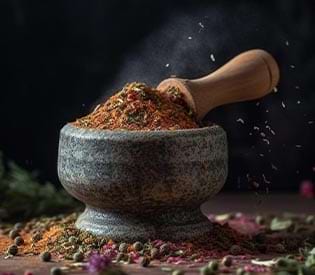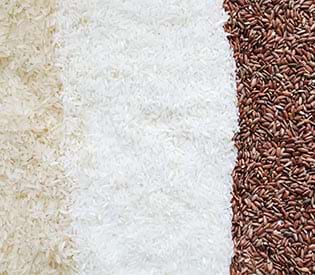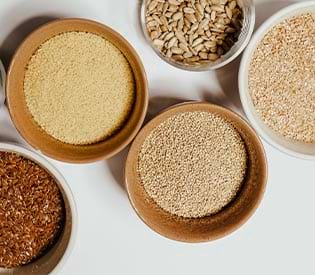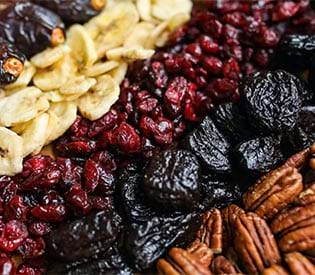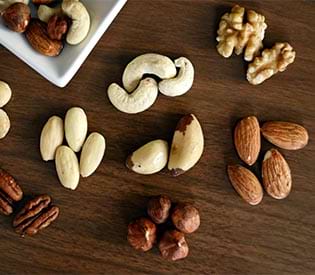Valerian Root
📦🚚 Fast & Free shipping on all orders
What is valerian root?
Valerian is an herb. Valerian roots may have helped improve sleep, promote relaxation, and reduce anxiety and digestive disorders since ancient times. Valerian has been used since the second century A.D. to help people sleep, calm their nerves, and relax. Europe started to use it a lot in the 1600s. People have also said that it could help with stomach cramps. Some research, but not all, shows that valerian may help people who have trouble sleeping. Germany's Commission E approved valerian as a mild sedative that works well, and the US Food and Drug Administration listed valerian as "Generally Recognized As Safe" (GRAS). Scientists don't know exactly how valerian works, but they think it does so by increasing the amount of a chemical in the brain called gamma aminobutyric acid (GABA). GABA helps control how nerve cells work and can calm anxiety. Alprazolam (Xanax) and diazepam (Valium) both work by making the brain produce more GABA. Researchers think that valerian may have a similar but less strong effect. Valerian is a plant that is native to Europe and some parts of Asia. It is called Valeriana officinalis. Valerian root has been used as a sleep aid for a long time. Valerian can grow to be about 6 feet tall, and it smells awful. Valerian appears to soothe the brain and nerves, akin to the effects of a sleeping pill. The Greeks and Romans used Valerian as medicine.
How do I use valerian root?
As long as six weeks ago, daily quantities of 300–600 mg of valerian were considered safe to use. Concerning long-term use, nothing is known. Generally, people tolerate Valerian well. Dizziness, fatigue, headache, gastrointestinal disturbance, mental lethargy, and vivid hallucinations are frequent adverse effects.
Valerian root benefits:
Hippocrates, the Greek doctor who gave his name to the Hippocratic Oath, used valerian root to help people sleep. Since then, people have used valerian root for many possible health benefits, including improved sleep and reduced anxiety.
◉ Insomnia: Valerian has been used to help people sleep and feel more relaxed for at least 2,000 years. Valerian may help people sleep better by making more GABA. In fact, people with both short-term and long-term stress have lower GABA levels. This imbalance is linked to anxiety and bad sleep. A meta-analysis of 16 studies and 1,093 people showed that valerian helped people fall asleep faster, sleep more deeply, and sleep better overall.
◉ Menopausal Symptoms: In a study of 100 menopausal women who had trouble sleeping, valerian root helped them sleep much better after 4 weeks. A 3-month study of 60 women who had gone through menopause found that valerian made hot flashes less severe and less common.
◉ Memory and Cognitive Function: In a study of 61 patients, valerian reduced the risk of cognitive decline a month after heart surgery compared to a placebo. Scientists saw that valerenic acid could improve mice's memories by lowering oxidative stress in the hippocampus, which is the part of the brain that controls recall.
◉ Digestive Problems: Valerian is used to treat stomach cramps at home. Even though it can stop muscle spasms, there is no evidence that valerian can help with digestion. In a study with guinea pigs, valepotriates and the essential oil in valerian made the small intestine less likely to contract.
Where can I buy valerian root?
Buy valerian root from the health food store in the USA, Alive Herbals.
Valerian Root information (at a glance):
| Product Name | Valerian Root. |
| Scientific Name | Valeriana officinalis. |
| Country of Origin |
It is native to Europe and Asia. |
| Ingredient |
Valerian Root. |
| Taste and Aroma |
The aroma is distinctive, and the taste is quite bitter, but not too bad. |
| Shelf Life and Storage |
Shelf life is about 6–60 months. Store it in an airtight container in a cool, dry place and prevent sunlight exposure. |
| Precautions |
We requested that, Before consuming spices, herbs, teas or any kind of natural products, you consult an expert qualified healthcare practitioner or herbalist. |
| Note | This product information has not been appraised by the Food and Drug Administration (FDA). For educational purposes only. |


